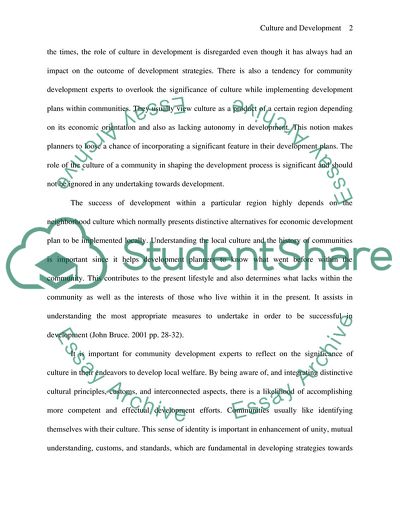Cite this document
(Culture as the Overall Multifaceted Model of Traditional Human Actions Research Paper, n.d.)
Culture as the Overall Multifaceted Model of Traditional Human Actions Research Paper. Retrieved from https://studentshare.org/culture/1719517-how-important-is-culture-to-development-and-are-there-any-cases-in-which-the-more-particular-demands-of-culture-ought-to-override-ethical-norms-that-aspire-to-treat-people-in-respect-of-there-common-huminityeg-universal-human-rights
Culture as the Overall Multifaceted Model of Traditional Human Actions Research Paper. Retrieved from https://studentshare.org/culture/1719517-how-important-is-culture-to-development-and-are-there-any-cases-in-which-the-more-particular-demands-of-culture-ought-to-override-ethical-norms-that-aspire-to-treat-people-in-respect-of-there-common-huminityeg-universal-human-rights
(Culture As the Overall Multifaceted Model of Traditional Human Actions Research Paper)
Culture As the Overall Multifaceted Model of Traditional Human Actions Research Paper. https://studentshare.org/culture/1719517-how-important-is-culture-to-development-and-are-there-any-cases-in-which-the-more-particular-demands-of-culture-ought-to-override-ethical-norms-that-aspire-to-treat-people-in-respect-of-there-common-huminityeg-universal-human-rights.
Culture As the Overall Multifaceted Model of Traditional Human Actions Research Paper. https://studentshare.org/culture/1719517-how-important-is-culture-to-development-and-are-there-any-cases-in-which-the-more-particular-demands-of-culture-ought-to-override-ethical-norms-that-aspire-to-treat-people-in-respect-of-there-common-huminityeg-universal-human-rights.
“Culture As the Overall Multifaceted Model of Traditional Human Actions Research Paper”, n.d. https://studentshare.org/culture/1719517-how-important-is-culture-to-development-and-are-there-any-cases-in-which-the-more-particular-demands-of-culture-ought-to-override-ethical-norms-that-aspire-to-treat-people-in-respect-of-there-common-huminityeg-universal-human-rights.


